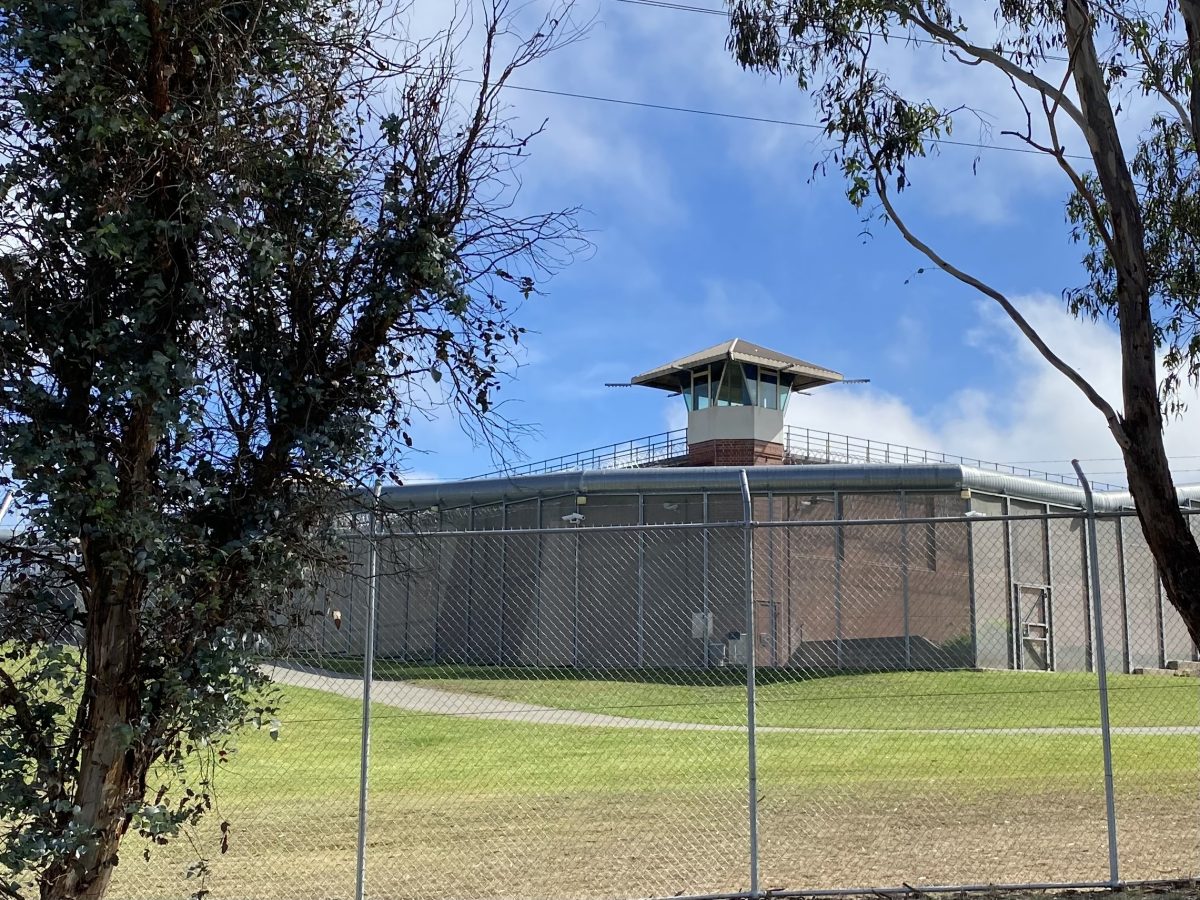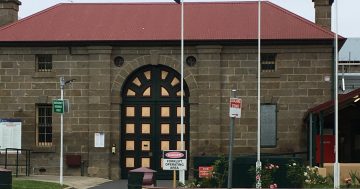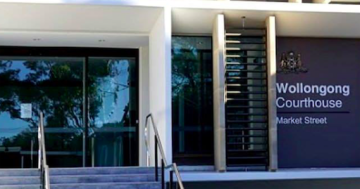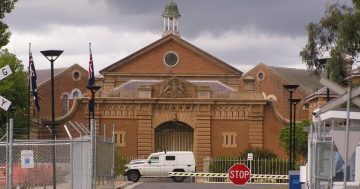
The teenager, given the pseudonym ‘Joel’, died at the Goulburn Correctional Centre in 2022. Photo: John Thistleton.
CONTENT WARNING: This article refers to suicide and self-harm.
A coroner said the death of a young and vulnerable teenager, who was left alone in his cell at Goulburn’s jail for 18 hours before he was found dead, was “unnecessary”.
An inquest was launched into the death of the 19-year-old, given the pseudonym ‘Joel’, after he died while in custody at the Goulburn Correctional Centre in July 2022.
He was accused of committing a robbery while armed with a fishing knife and made full admissions to police before he was refused bail, NSW’s Deputy State Coroner Joan Baptie said.
On 28 May 2022, he asked to speak to a psychologist to help him with coping mechanisms related to being in jail for the first time, then was placed on a waiting list for such a professional three days later.
But when a psychologist tried to speak to him on 21 June, he declined.
Joel was at Goulburn’s maximum security prison on 24 June when he gave a note to a guard asking to be moved to another cell.
“I’m scared for my safety,” he wrote.
Guards took him aside and he said he was worried other inmates might learn he had provided evidence against his co-accused in the alleged robbery.
He was moved to a new cell, locked in at 2:35 pm and not seen again until 8:30 am the next morning when it was discovered he had died by suicide.
“It is clear that in these circumstances, Joel was left by himself for 18 hours without human contact or well-being observations by corrections officers,” Coroner Baptie said.
The Governor of Goulburn Correctional Centre, Leah Nicholson, said staffing shortages and overall funding did not allow for cell observations for inmates who had not declared, or been assessed, as being at risk of self-harm.
“It is quite extraordinary that young, vulnerable inmates are left for such lengthy periods of time without human contact,” Coroner Baptie said.
“It is also quite extraordinary that inmates are provided with their dinner at around 2 pm, with no additional food being provided until breakfast at 7 am, some 17 hours later.
“Inmates are deprived of their liberty, however, should not be exposed to unnecessary hardship and deprivation, including the timeliness of the provision of food.”
Joel had no known history of mental health concerns before he was incarcerated.
“Joel was not deemed to be at risk of suicide so he was not placed under the management of a risk intervention team,” Ms Nicholson said.
“There were no requirements for monitoring or observations of Joel beyond the usual practices.”
Coroner Baptie said by late July 2022, there was evidence suggesting Joel was experiencing some difficulties in custody.
The day before his death, he told his girlfriend he was depressed and had been crying, while his previous cellmate also said he had been depressed and barely spoke.
Joel had 12 siblings, was a much-loved son and had a large extended family.
“Members of his family have been constant advocates for him and have been unwavering in their determination to ascertain the reasons for his unnecessary death,” Coroner Baptie said.
She made two recommendations for Corrective Services NSW, including training be given to correctional officers around the management of an inmate’s request for protection or alternative cell placement.
A spokeswoman from Corrective Services said her department extended its condolences to Joel’s friends and family and would review the coroner’s recommendations.
“The NSW Government has invested $16 million to make prisons safer across the Corrective Services NSW network by installing anti-ligature toilets, basins, tap wear, showerheads and beds in cells, as well as covering smoke detectors with covers and replacing sprinkler systems,” she said.
“This will continue the extensive work that has already been undertaken across several facilities as part of our coordinated statewide infrastructure program to refurbish cells and remove obvious ligature points or cell furniture that could pose a self-harm risk.”
She said Corrective Services had established policies for the management of inmates identified as being at risk of self-harm or suicide.
“Upon arrival at a facility, inmates are subject to triaging, which includes a screening by the primary healthcare service provider Justice Health NSW screening nurse, followed by a services and programs screener,” she said.
“Offenders identified as being at risk of suicide or self-harm are referred to the Risk Intervention Team for a comprehensive assessment and the development of a management plan.”
If you or someone you know needs help, you can contact:
Lifeline’s 24-hour crisis support line – 13 11 14
Suicide Call Back Service – 1300 659 467
Kids Helpline – 1800 551 800 or kidshelpline.com.au
MensLine Australia – 1300 789 978 or mensline.org.au











NIMBYs and retired Canberra halfwits are just unable to understand progress. It’s sad. View